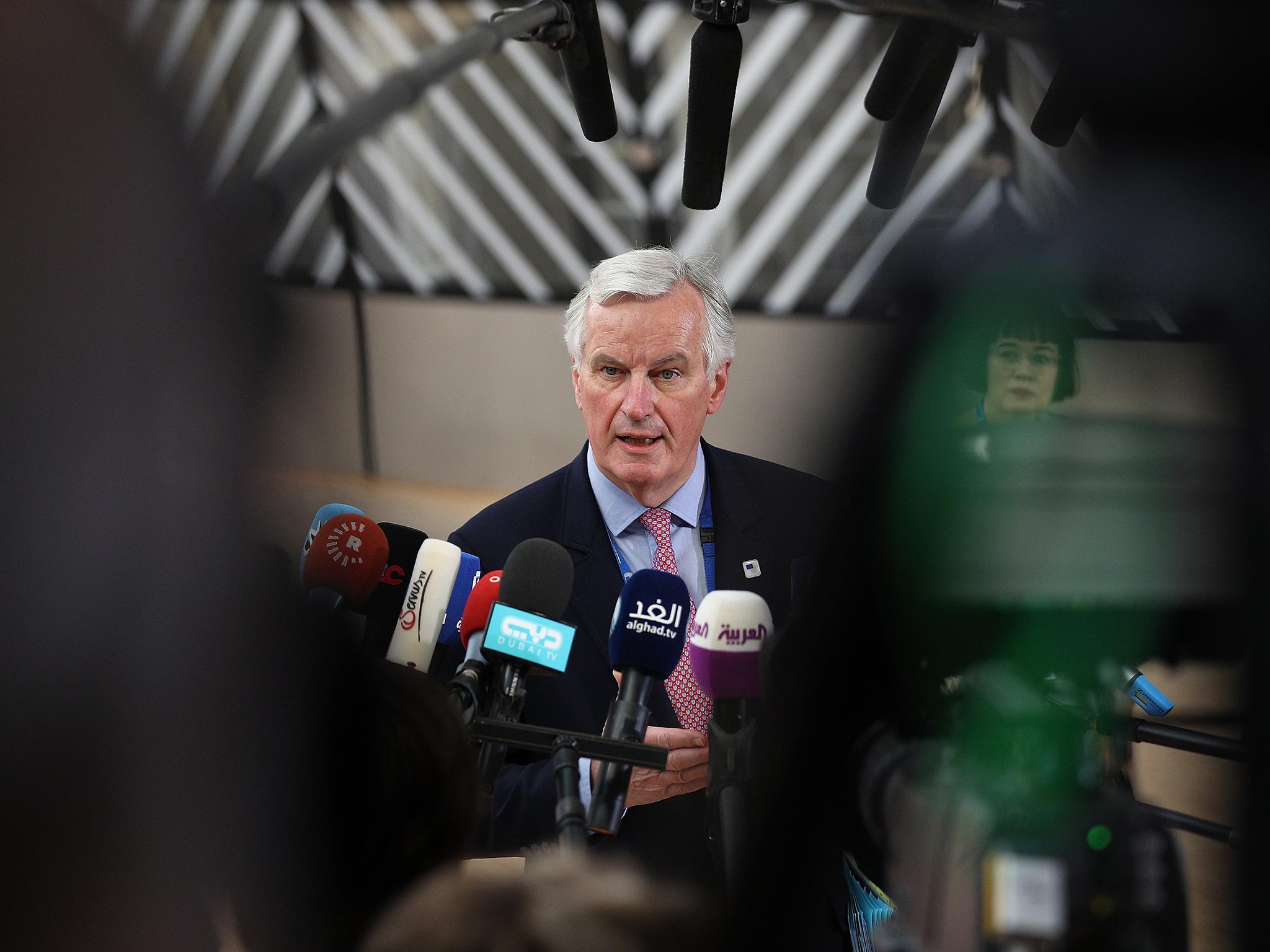The BBC should never have bigged up a ridiculous study saying a hard Brexit would be good for the UK economy
Bad science can survive and thrive when it supports the desires and prejudices of powerful people in our society


Imagine if a group of obscure scientists produced a piece of research which claimed to debunk the consensus of the profession.
Imagine if rather than making that research publicly available the group cobbled together a press release with some eye-catching headline figures, showing none of their methodology or data.
Imagine if that group of scientists had produced similar work in the past which had been shown to be deeply flawed by other scientists on multiple levels.
Now imagine if that press release was picked up by the national broadcaster of the country and presented to the public as an exciting and interesting new piece of research – with none of the above context mentioned.
Would you think that the broadcaster was doing a good job, fulfilling its mission to “educate and inform” the public?
Or would you wonder what they hell it was playing at?
This week, the BBC website “splashed” with the news that a group known as Economists for Free Trade had done some work suggesting that the UK economy could be £135bn larger if we forced through a hard Brexit.

The next day the report’s author Patrick Minford was invited on to the BBC’s flagship morning radio programme, Today, to talk about his findings.
The programme did invite another economist on to contradict Minford’s views. But the non-specialist listener would have been left with the false impression that the economics profession was split on the issue, that the impact of Brexit is merely a matter of opinion. Leaving the EU’s single market might be good for trade, or it might be bad: the experts just can’t agree.
He may not have released his methodology, but we can reliably guess how Minford generated his latest figures because he has in the past used a grossly unreliable economic model to show startlingly large gains from what has been termed “unilateral free trade” for the UK.
The principal and catastrophic flaw in this model is that it assumes that distance is no barrier to the international trade in goods – when all the empirical evidence of decades is that distance matters enormously, as countries do more trade with those who are geographically closer to them. Another fatal error is the assumption that price, rather than quality, is all that matters to consumers.
Numerous other reasons by other, more competent, trade economists have been identified as reasons to disbelieve Minford’s figures, not least the fact that his definition of hard Brexit, bizarrely, seems to assume closer regulatory harmonisation between Britain and the EU than exists at the moment within the single market.

Yet in a sense all of this is beside the point. Trade is one of the simpler aspects of economics for the lay-person to get their head around. But that does not make it simple. With the best will in the world, the typical listener will struggle to keep up with a debate in which terms such as “non-tariff barriers” and “gravity model relationships” are thrown around.
The BBC has accepted that it is unfair to its audience to juxtapose climate change sceptics and deniers against climate change scientists given the overwhelming weight of evidence on one side (although the BBC Today programme recently slipped back into its bad old ways when it invited Nigel Lawson on). But when it comes to the economics of trade, the BBC is guilty of precisely this false balance, which betrays its mission to inform.
In a sense, the Minford work is indeed newsworthy. But its news value lies in the fact that such a discredited economic model is the only crutch on which hardline Brexiteers can rely to make the claim that Brexit will make the British people better off. It’s interesting that such a catastrophically flawed piece of research is so influential, still being cited by ministers, businesspeople and journalists, despite being comprehensively debunked, even ridiculed, by the rest of the trade economist profession.
The legitimate news story around Minford’s work is how bad science can survive and thrive when it supports the desires and prejudices of powerful people in our society, whether they are Tory backbenchers, cabinet ministers or press barons.
But for the BBC to tell that particular story would require the national broadcaster to recognise that, through its lack of courage and intellectual rigour, it has become part of the problem.
Join our commenting forum
Join thought-provoking conversations, follow other Independent readers and see their replies
Comments
Bookmark popover
Removed from bookmarks